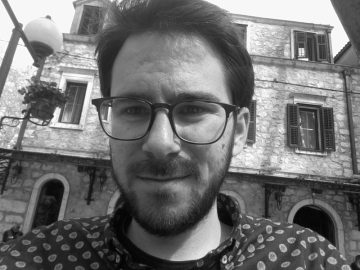Igor Stipić holds an MA in Political and Social Studies from University of Alberto Hurtado in Chile and another MA in Political Economy from University of Economics in Prague. Currently, he is working as a Research Fellow at the Institute of Advanced Studies in Koszeg (iASK), where he also lectures an MA program in International Studies. While his interest primarily lies within the field of political theory, his research is applied in conjunction with sociological and anthropological perspectives. Concentrated in the field of political anthropology of social movements, his work concentrates on questions of identity politics and its related problematique of national construction, its imagination and renegotiation, as related to the processes of political transformations of XXI century. Region-wise, his work essentially concentrates on the processes developing in the geographic areas of South Eastern Europe and Southern America.
Topics: Formation of Political Regime in Bosnia and Herzegovina as a result of type of transition to and consolidation of democracy after the Civil War; Constructing the ‘people’: Citizen Populism against ethnic hegemony in Bosnia-Herzegovina in light of the 2013-2014 protests; Social Mobilization and Political Crisis in Bosnia-Herzegovina
